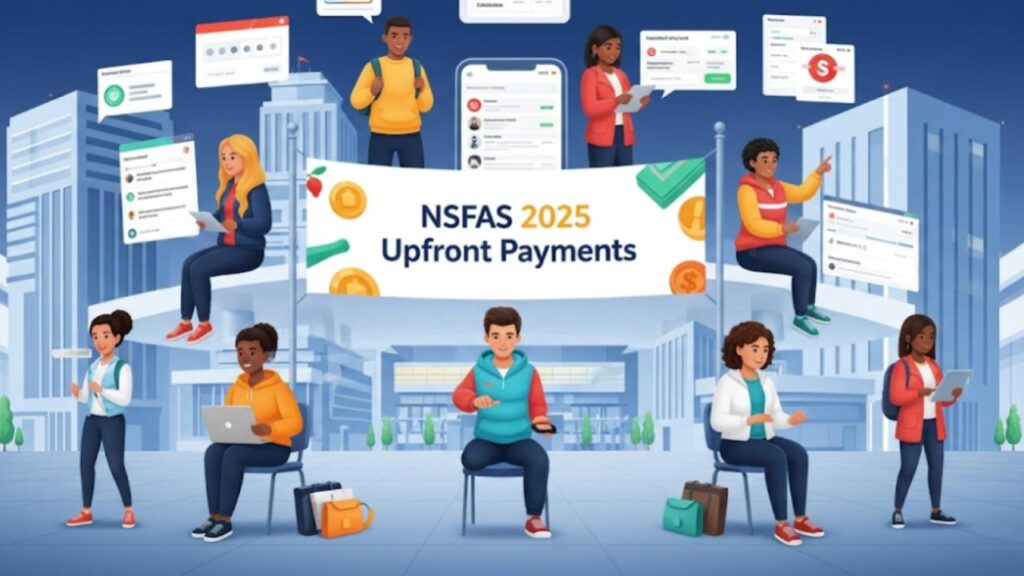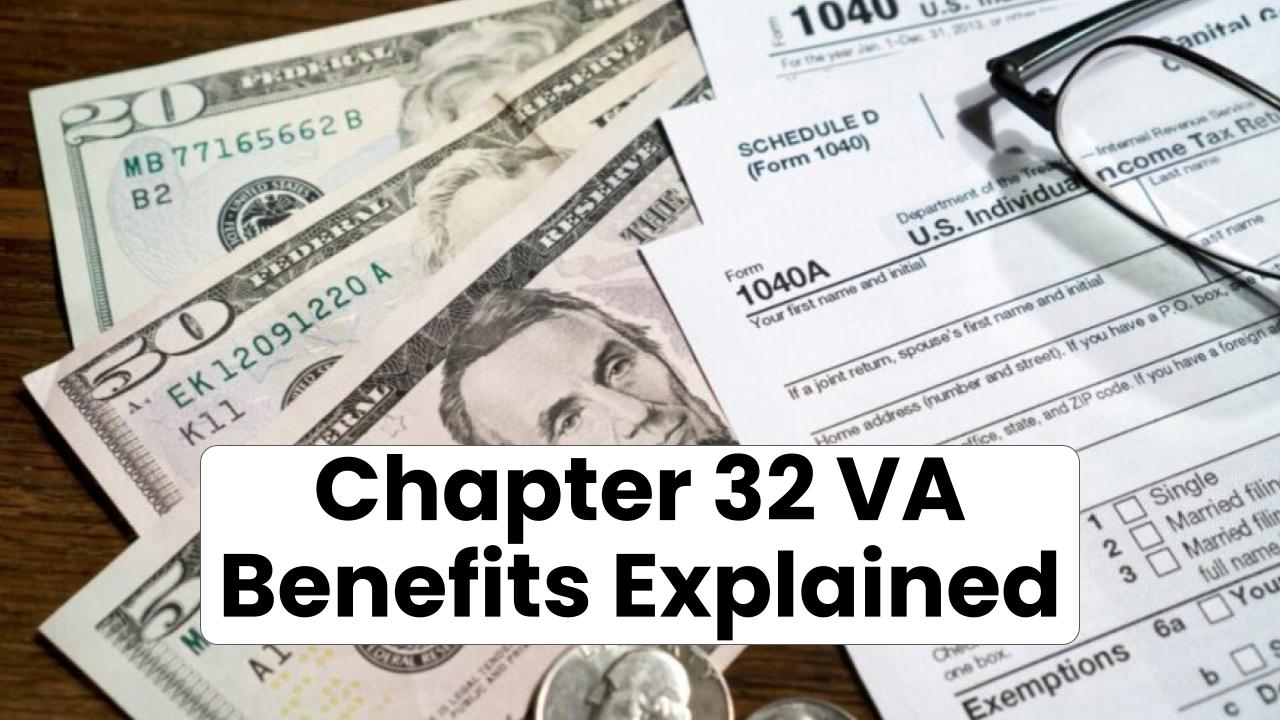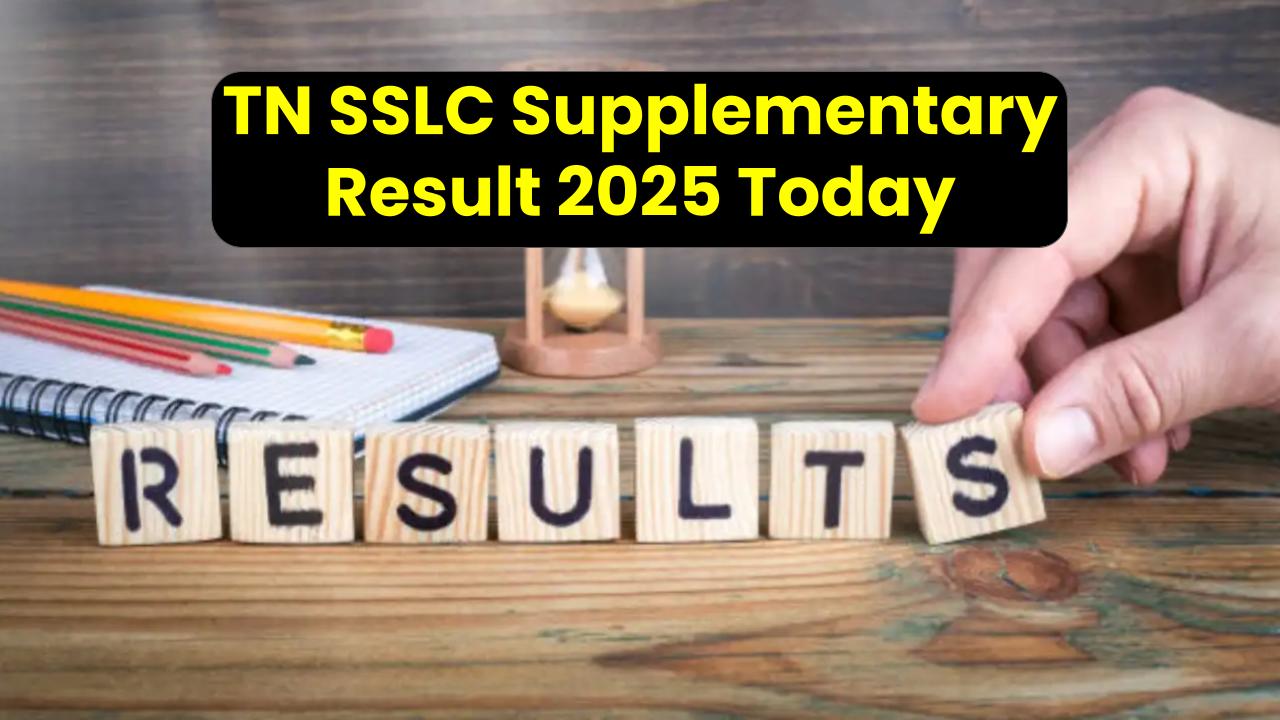The National Student Financial Aid Scheme (NSFAS) plays a crucial role in helping students across South Africa pursue their educational dreams without the heavy burden of tuition fees and other costs. With the 2025 academic year approaching, many students may be feeling anxious or confused about NSFAS’s upfront payments and how these will impact their finances. This article aims to break down everything you need to know, offering clarity and guidance in simple, easy-to-understand language. Whether you’re a high school graduate or a professional looking to upskill, this article will guide you through the ins and outs of the 2025 NSFAS upfront payments.

NSFAS 2025 Upfront Payments Explained
| Key Area | Details |
|---|---|
| Upfront Payments | NSFAS releases upfront payments to universities and TVET colleges for tuition fees, accommodation, and learning materials. |
| Allowance Caps | Tuition, accommodation, living, and material allowances are capped per student. Example: R65,993 for catered accommodation in metro areas. |
| Payment Cycles | Payments are disbursed in cycles throughout the academic year, ensuring students get timely financial support. |
| Important Dates | March 2025 for the second payment, and additional payments scheduled throughout the academic year. |
| Support for Disabilities | Additional support for students with disabilities, including human support and assistive devices (up to R52,000). |
| Official Website | For more details, visit the official NSFAS website here. |
NSFAS’s upfront payment system is designed to help South African students access education without the stress of financial burdens. By understanding how the payment system works, managing your allowances wisely, and staying on top of deadlines, you can ensure a smoother educational journey. Remember to always check the official NSFAS website for the most up-to-date information and guidelines.
What are NSFAS Upfront Payments?
NSFAS Upfront Payments are payments made by the financial aid scheme to universities and TVET (Technical and Vocational Education and Training) colleges to ensure that students have the necessary funds for their studies right at the start of the academic year. These payments are made before the official start of the academic term to cover initial costs such as tuition fees, accommodation, and learning materials. This system ensures that students don’t face financial barriers when they need to start their academic journey.
For the 2025 academic year, NSFAS has made it easier for students to access their funds by releasing upfront payments to educational institutions ahead of time, so students can focus on their studies without worrying about their fees or allowances. This initiative helps universities and colleges better plan and manage their student budgets, making the whole process smoother and more reliable for everyone involved.
Understanding How Upfront Payments Work
When NSFAS makes an upfront payment to a university or TVET college, the institution receives the money in advance and uses it to cover the student’s fees for the upcoming semester. This means that students do not have to worry about paying large sums of money upfront. The institution then distributes funds to cover various expenses such as:
- Tuition fees: These are the fees charged by the university or college for attending courses.
- Accommodation costs: If you’re staying in university-hosted housing, this payment will help cover the costs.
- Learning materials: From textbooks to software required for your courses, NSFAS ensures that you have what you need to study effectively.
By the time you step onto campus, these payments should be processed, meaning your registration, accommodation, and learning materials are already sorted for you, leaving you to focus on what really matters — your studies.
Allowance Caps for NSFAS 2025
NSFAS also sets allowance caps, or limits, to ensure that funding is distributed in a fair and balanced way. These caps are designed to meet the typical needs of students but are also in place to prevent misuse of funds. Below are the key allowance caps for the 2025 academic year:
For University Students:
- Accommodation:
- Catered Residence (Metro): R65,993
- Non-Catered Residence (Metro): R56,633
- Catered Residence (Non-Metro): R52,000
- Non-Catered Residence (Non-Metro): R42,640
- Learning Materials: R5,678 for all students.
- Personal Care: R3,167 for all students.
- Living Allowance: R17,160 for all students.
- Support for Students with Disabilities:
- Human Support: R52,000
- Assistive Devices: R54,080
For TVET College Students:
- Accommodation:
- Catered Residence (Metro): R65,993
- Non-Catered Residence (Metro): R56,633
- Catered Residence (Non-Metro): R52,000
- Non-Catered Residence (Non-Metro): R42,640
- Living Allowance: R17,160 for all students.
- Travel Allowance: R8,027 for students who require transportation support.
- Personal Care: R3,167 for all students.
- Support for Students with Disabilities:
- Human Support: R52,000
- Assistive Devices: R54,080
These allowance caps ensure that students are adequately supported while pursuing their studies. However, students are advised to manage their funds wisely to avoid running out of money before the end of the semester.
NSFAS Payment Cycles for 2025
NSFAS releases payments in cycles to ensure students’ financial support is timely and consistent throughout the academic year. The payment dates for the 2025 academic year are as follows:
First Semester:
- Cycle 1: 6 February 2025
- Cycle 2: 3 March 2025
- Cycle 3: 1 April 2025
- Cycle 4: 5 May 2025
- Cycle 5: 2 June 2025
Second Semester:
- Cycle 6: 7 July 2025
- Cycle 7: 4 August 2025
- Cycle 8: 1 September 2025
- Cycle 9: 6 October 2025
- Cycle 10 (Final Payment): 3 November 2025
It’s important to keep track of these dates to ensure you don’t miss any crucial payments. If you have any concerns or if payments don’t arrive on time, reach out to your university or TVET college’s financial aid office.
What Do You Need to Do to Get Your NSFAS Funding?
To ensure you’re eligible for NSFAS funding, you’ll need to complete a few essential steps:
- Apply for NSFAS Funding: Make sure you apply for NSFAS before the deadline. Applications are typically open towards the end of each year, and deadlines are strictly enforced.
- Ensure Accurate Registration Data: Ensure your university or TVET college has uploaded your correct registration details to the NSFAS portal. Without accurate data, payments may be delayed.
- Submit Appeals on Time: If your application is rejected, you have the option to appeal. Be sure to submit all required documents within 30 days of receiving your rejection letter.
- Keep Your Banking Information Updated: If you are a TVET student, NSFAS deposits allowances directly into your bank account, so make sure your banking details are up-to-date on the NSFAS portal.
FAQs
1. What happens if I don’t receive my upfront payment on time?
If your upfront payment is delayed, reach out to your university or TVET college’s financial aid office for assistance. Sometimes, delays may occur due to missing or inaccurate registration data.
2. Can I use my NSFAS funding for personal expenses?
NSFAS funding is intended for educational expenses, including tuition fees, accommodation, and learning materials. Personal expenses are generally not covered.
3. How do I know if I’m eligible for NSFAS?
Eligibility depends on several factors, including your household income and whether you meet the general requirements for funding. Check out NSFAS’s eligibility criteria on their official website.
4. Can NSFAS funding cover all my expenses?
While NSFAS covers major educational expenses like tuition, accommodation, and learning materials, students may need to manage personal expenses within the allowances provided.








